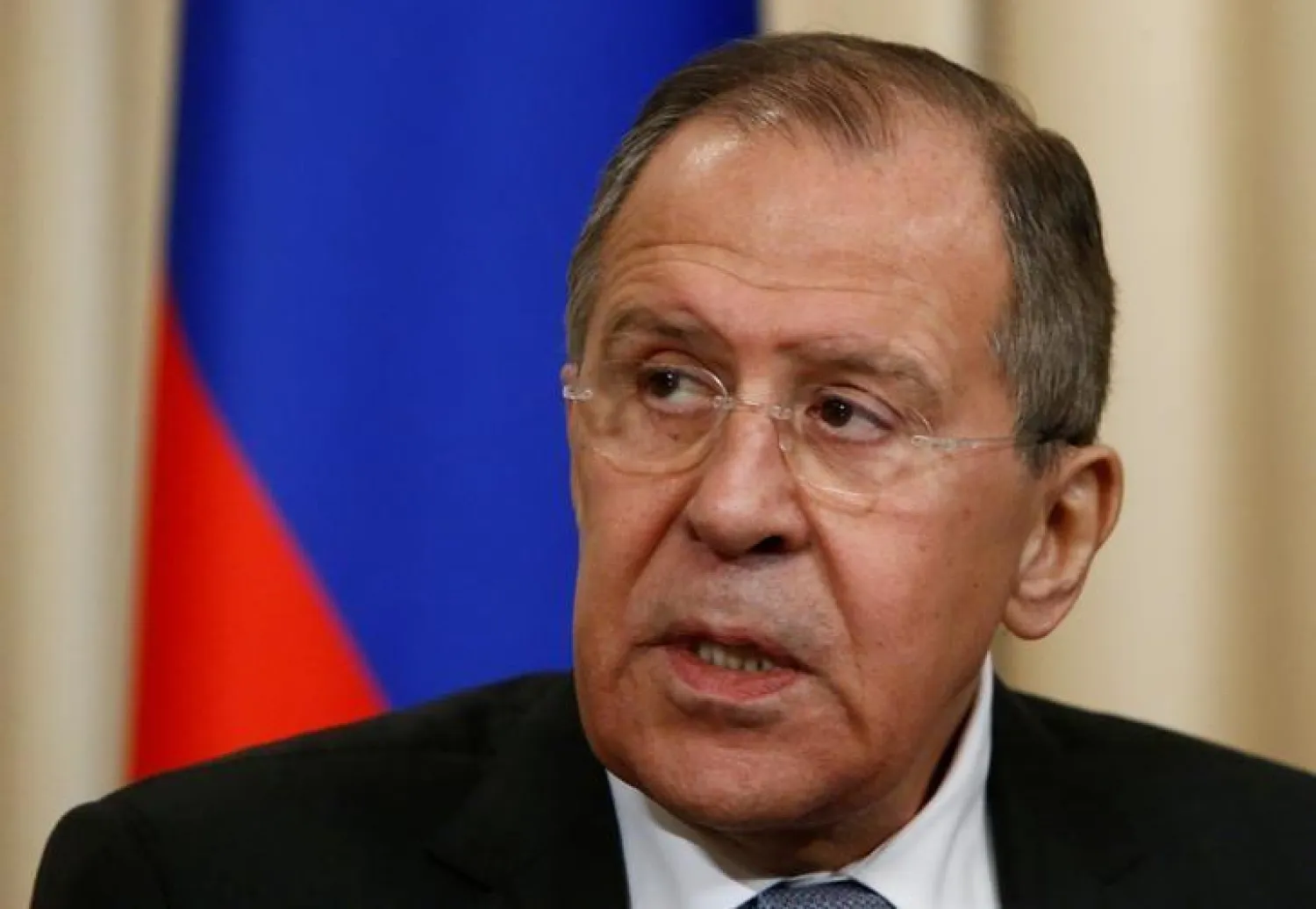Moscow welcomed on Monday the humanitarian steps taken by the Arab Coalition in Yemen and underlined the need for a political solution to the crisis in the country.
“Russia welcomes the decision of the Arab coalition to ease the blockade of the Yemeni port of Al Hudaidah, the only transport route that connects the country’s main city and northern provinces with the outside world,” Russian Foreign Minister Sergei Lavrov said during a joint news conference on Monday with Yemen’s Deputy Prime Minister and Foreign Minister Abdul-Malik Al-Mekhlafi in Moscow.
“We believe that the UN should henceforth be able to deliver humanitarian aid to Sanaa without fail. It is important to strive to lift the sea and air blockade, to remove all limitations on the deliveries of food, medicines and other prime necessities to all regions of Yemen with no exceptions,” he added.
Lavrov noted that Moscow would maintain its dialogue with all the Yemeni components and concerned parties, to “contribute to the settlement and the transition from war to a political dialogue to do so as soon as possible.”
The two ministers held talks in Moscow on Monday on the situation in Yemen and the prospects of a political settlement. Mekhlafi conveyed a message from Yemeni President Abd Rabbu Mansour Hadi to Russian President Vladimir Putin.
Lavrov emphasized Russia’s stance that there was no alternative to dialogue to end the crisis in Yemen.
“We consider it absolutely necessary to stop the armed standoff in Yemen, as well as the need for the conflict participants to abandon the use of force in resolving the accumulated problems. We believe it necessary to not only continue, but also boost the relevant international efforts with the central role of the UN to create conditions for establishing a sustainable intra-Yemeni dialogue with the participation of all political forces in the country,” he stated.
Lavrov went on to say: “Only the Yemeni people themselves can define the fate of their country. Russia, which maintains contacts will all Yemeni groups, is ready to facilitate this process. We see that this approach is accepted and supported by the leadership of the Republic of Yemen.”
Mekhlafi, for his part, asked Russia to exert pressure on Iran to stop its military support for Houthi militias.
He emphasized that a political solution to the crisis was the only option for the Yemeni government.
He noted in this regard that the government “has always approved the initiatives of the international community” to settle the conflict, pointing out that the Houthis were those who always rejected such initiatives, and “they still put a lot of obstacles to the political process.”









